In the vast landscape of rock ‘n’ roll history, few musicians have left as indelible a mark as John Lennon.
As a member of The Beatles, Lennon's creative genius and musical mastery captivated the world.
Among the many instruments he wielded with such extraordinary skill, none are more legendary than his Gretsch guitar.
The journey of this iconic instrument, from its integral role in some of the Beatles' most famous recordings to its record-breaking auction, is a tale that marries the mythos of rock ‘n’ roll with the allure of priceless memorabilia.
The Origins: A Guitar Fit for a Legend
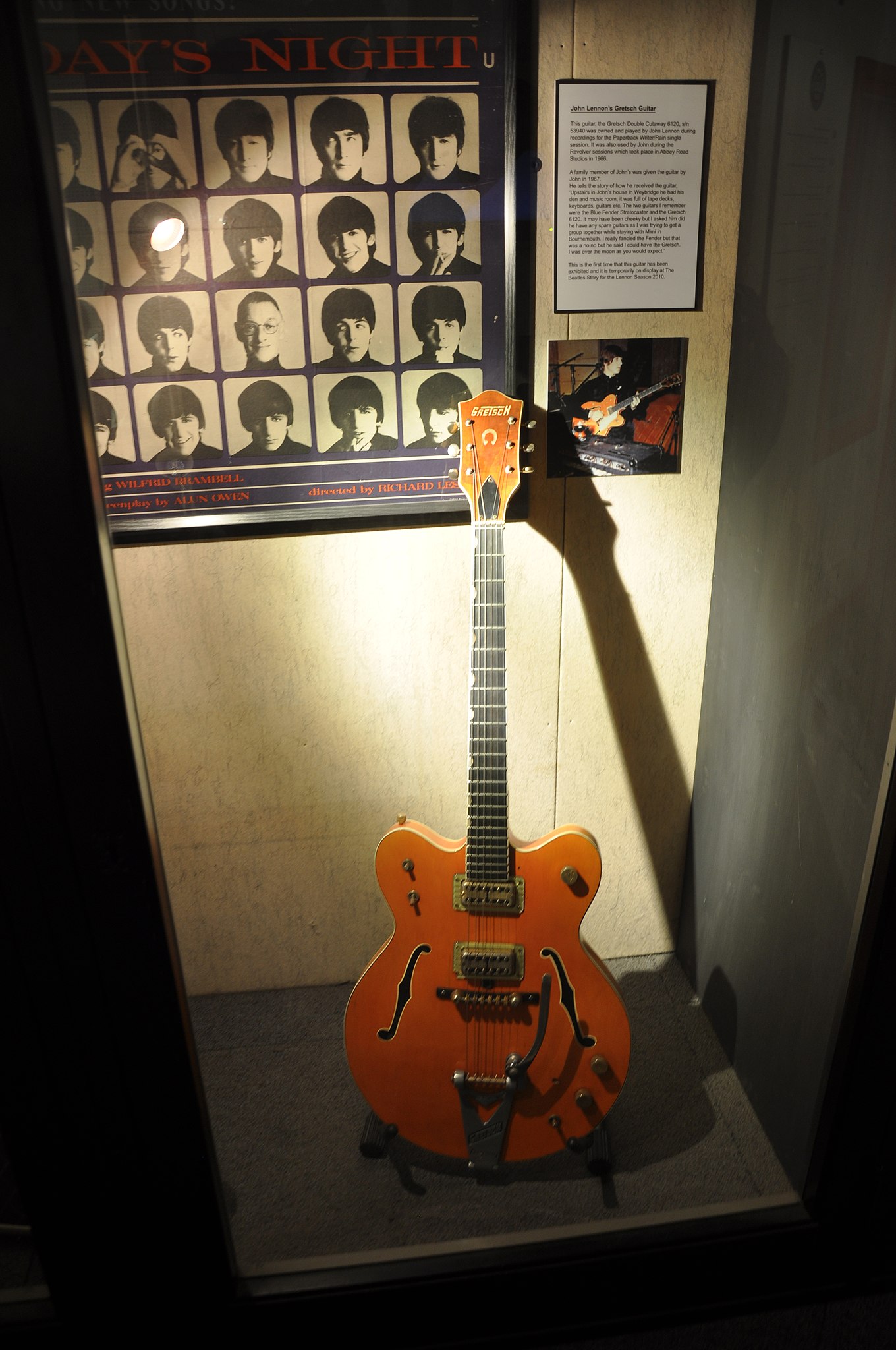
John Lennon’s Gretsch 6120, lovingly referred to as simply "the Gretsch," was a pivotal instrument in the Beatles’ early days.
Purchased by Lennon in the mid-1960s, the guitar quickly became intertwined with some of the band's most influential recordings.
As Lennon strummed its strings, hits like “Paperback Writer” and “Hey Bulldog” took shape, forever altering the landscape of popular music.
The Gretsch 6120 was no ordinary guitar. Its distinctive orange hue, coupled with its semi-hollow body, created a sound that was both rich and resonant.
Lennon's choice of this particular guitar was a testament to his meticulous ear for sonic quality and his desire for an instrument that could complement the innovative soundscapes The Beatles were pioneering.
The Beatles Era: Creation of Timeless Classics
To understand the monumental significance of Lennon's Gretsch guitar, one must delve into its role during The Beatles' recording sessions.
In 1966, the band was exploring new musical territories, and Lennon’s Gretsch guitar became a cornerstone of their evolving sound.
The Gretsch was notably featured in "Paperback Writer," a song that showcased Lennon's fascination with storytelling through music.
The track's distinctive riff, characterized by the bright, twangy tones of the Gretsch, set it apart from previous Beatles recordings.
The guitar’s voice was unmistakable, adding a layer of depth and innovation that enriched the song’s overall composition.
Another iconic track that bore the signature sound of Lennon’s Gretsch was "Hey Bulldog."
Known for its punchy bassline and infectious rhythm, the song captured the raw energy and experimental spirit of The Beatles during that period.
Lennon's Gretsch played an integral part in creating the song's unique vibe, marking it as a testament to the instrument's versatility and Lennon's musical prowess.
A Shift in Time: The Guitar’s Journey Beyond The Beatles

As The Beatles disbanded in 1970, Lennon's artistic journey took new directions, and his choice of instruments shifted accordingly.
The Gretsch, having served its pivotal role, became part of his treasured collection, a relic of an era that had defined modern music.
Over the years, the guitar remained shrouded in mystery, sporadically appearing in exhibitions and retrospectives dedicated to Lennon and The Beatles.
Each appearance rekindled interest and reignited the passion of fans and collectors worldwide.
The Gretsch guitar was no longer just an instrument; it had become a symbol of a revolutionary era in music history and a physical testament to Lennon’s creative genius.
The Auction: A Historic Event
The anticipation surrounding the auction of John Lennon's Gretsch guitar was palpable.
When news broke that the instrument would be auctioned, the excitement reverberated across the globe.
Collectors, musicians, and fans eagerly awaited the opportunity to own a piece of rock ‘n’ roll history.
Taking place at an elite auction house, the event drew a crowd of devoted Beatles enthusiasts and high-profile bidders.
The atmosphere was electric, filled with whispers and speculations about the final hammer price.
As the Gretsch guitar took center stage, resplendent under the auditorium’s spotlight, there was an almost tangible silence—one that carried the weight of history and reverence.
The auctioneer, recognizing the significance of this particular lot, detailed the guitar’s storied past and its immense cultural value.
They recounted its involvement in the creation of timeless tracks and its intimate connection to John Lennon himself.
As the bidding commenced, it became clear that this was not merely a transaction; it was the exchange of a relic imbued with immeasurable sentimental value.
A Record-Breaking Final Bid
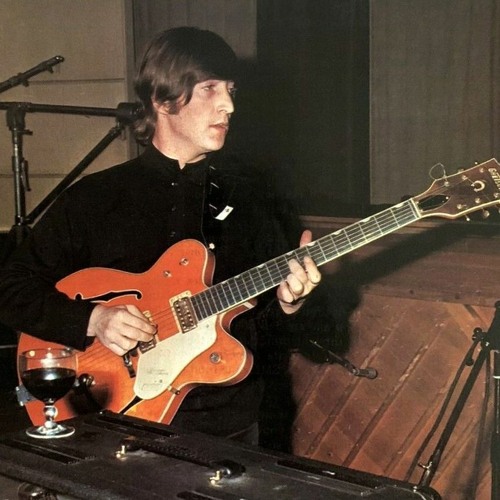
The bidding process was fierce and spirited, reflecting the intense desire to acquire such a renowned piece of music history.
As numbers climbed, the room buzzed with excitement, and online proxies joined in from around the world.
Ultimately, the hammer fell at an astonishing figure, shattering previous records and affirming the guitar’s legendary status.
The final bid for John Lennon's Gretsch guitar was a staggering $2.4 million, making it one of the most expensive guitars ever sold at auction.
The winning bidder, whose identity remained confidential, was believed to be a dedicated Lennon aficionado or a high-profile collector of music memorabilia.
Regardless of who acquired it, the guitar's journey had come full circle, transitioning from a tool of creation in Lennon's hands to a cherished artifact of rock ‘n’ roll lore.
Reflections on the Significance of the Auction
The auction of John Lennon's Gretsch guitar was more than just a commercial event; it was a reflection on the enduring impact of his music and his influence on generations of artists and fans.
The immense value placed on the guitar was a testament to Lennon’s revolutionary contributions to the music world and the deep emotional connection that people still feel towards his legacy.
For many, the Gretsch guitar is not just an instrument but a symbol of innovation, creativity, and the spirit of an era that defined a cultural revolution.
The auction served as a reminder of the timeless nature of Lennon’s work and the profound effect his music continues to have on the world.
Post-Auction Life: The Guitar’s Ongoing Legacy
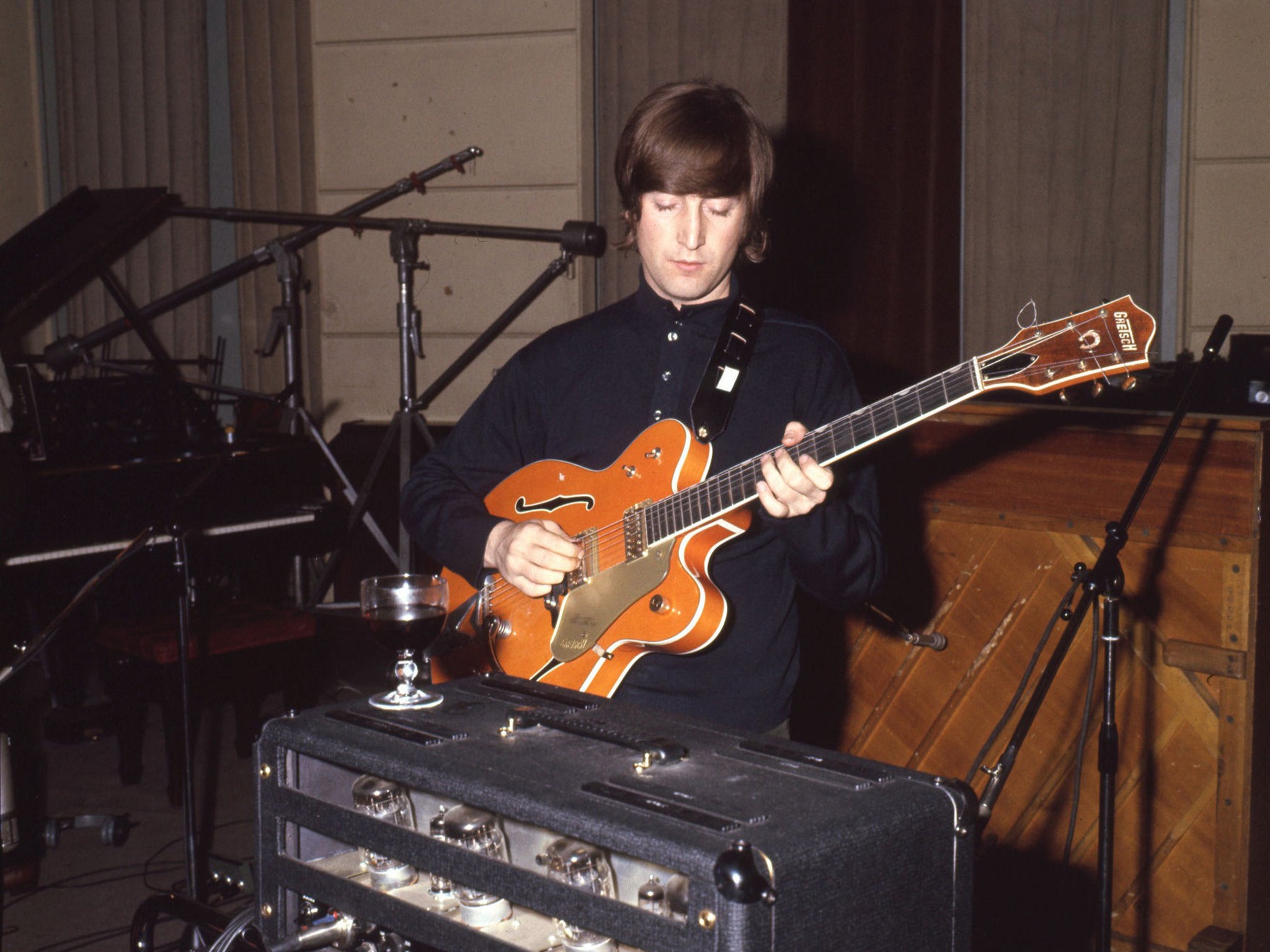
Following the auction, the Gretsch guitar continues to capture the imagination of music lovers.
While its current owner may choose to keep it as a private treasure, the guitar’s legacy remains vibrant in the public consciousness.
Museums, documentaries, and retrospectives on John Lennon and The Beatles often highlight the significance of the Gretsch, ensuring that its storied past is never forgotten.
Moreover, the guitar serves as an inspiration for contemporary musicians. It stands as a symbol of creativity and artistic freedom, encouraging new generations of artists to push the boundaries of their craft, just as Lennon did.
The Gretsch guitar’s story continues to inspire, a tangible link to a legendary past that still echoes in today’s music landscape.
A Symbol of Enduring Legacy
The journey of John Lennon’s Gretsch guitar, from its role in shaping iconic Beatles’ tracks to its record-breaking auction, encapsulates the essence of rock ‘n’ roll history.
It is a narrative filled with creativity, innovation, and a deep-seated connection between artist and instrument.
The guitar symbolizes not only Lennon’s musical genius but also the timeless impact of his work on the world.
As we reflect on the legacy of John Lennon and his Gretsch guitar, we are reminded of the power of music to transcend time and touch souls across generations.
The guitar’s story, rich with human expression and historical significance, continues to resonate, ensuring that John Lennon’s extraordinary contributions to music will never be forgotten.
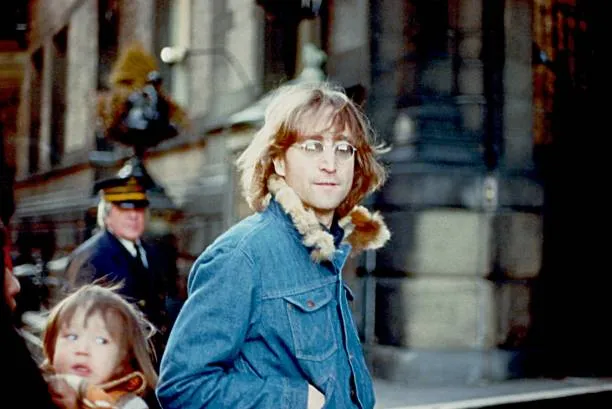
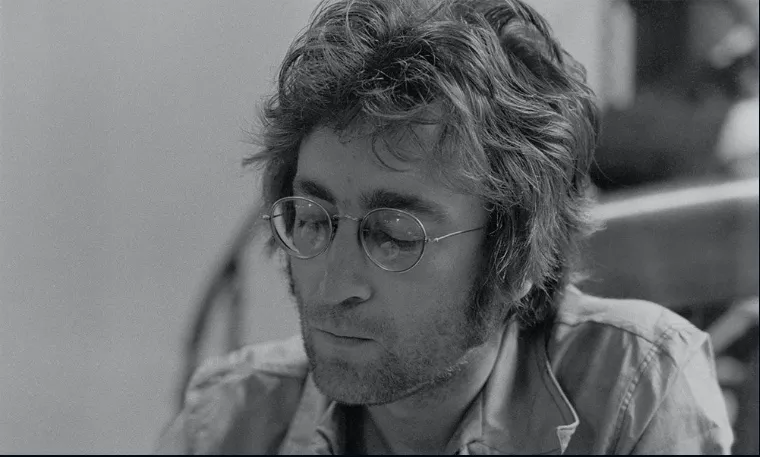
_11zon-1726714783-q80.webp)
